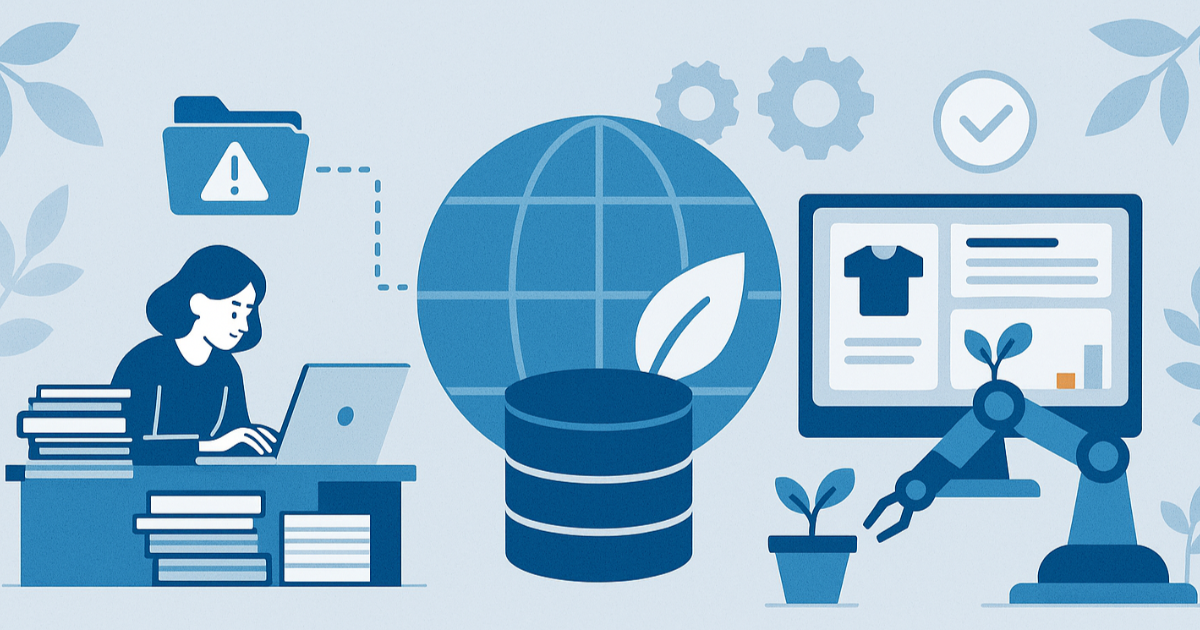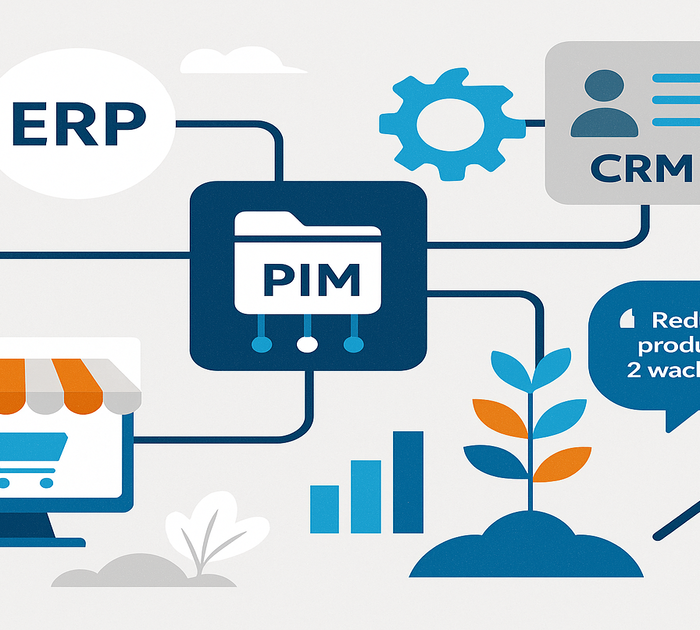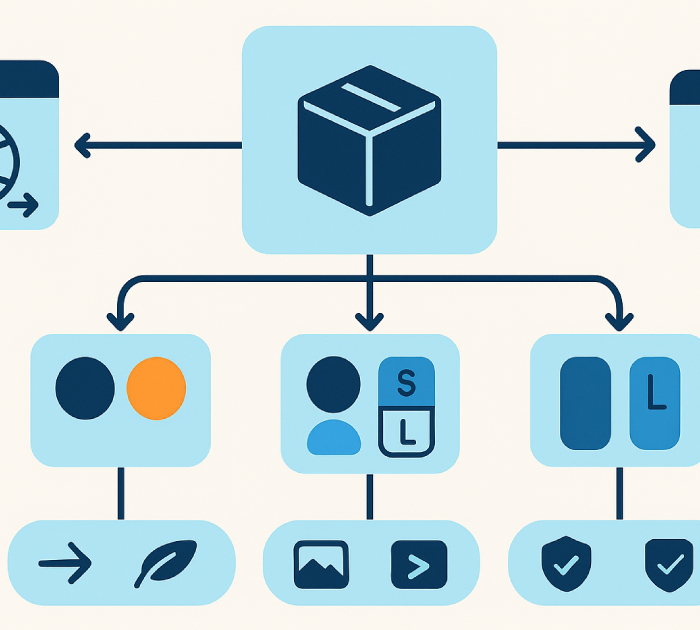Sustainability is no longer just a buzzword — it’s a business imperative. Customers, investors, and regulators expect companies to act responsibly and prove their commitment to sustainable practices. However, while many organizations focus on recycling, emissions, and energy use, few realize that sustainability starts in their product data.
Accurate, transparent, and accessible product information is the foundation for responsible growth. This is exactly where Perfion PIM (Product Information Management) makes a difference. Perfion helps companies take control of their data, enhance ESG (Environmental, Social, and Governance) performance, and ensure that sustainability is integrated into every stage of their product lifecycle.
1. Why Product Data Is the Core of Sustainability
Sustainability begins with understanding your products — what they are made of, where they come from, and how they impact people and the planet. Without structured and reliable product data, it’s almost impossible to measure or improve environmental performance.
Many companies store their data in disconnected spreadsheets or systems, making it hard to track material sourcing, packaging details, or supplier certifications. This lack of visibility creates uncertainty and inefficiency.
By contrast, Perfion PIM acts as a single source of truth for all product data. It gathers and organizes key information such as material composition, recyclability, supplier origin, and compliance documentation in one unified platform. This transparency empowers businesses to make informed, sustainable decisions.
2. Driving Transparency and Accountability
Transparency is essential for building customer trust and meeting global reporting standards. With Perfion, companies can easily trace and document product data throughout their supply chain.
For example, if your products use recycled materials or comply with environmental certifications such as FSC, REACH, or RoHS, Perfion allows you to store and display this information clearly. This makes it easy to communicate sustainability credentials in catalogs, eCommerce sites, and product sheets.
Furthermore, because Perfion updates all connected systems automatically, every stakeholder — from suppliers to consumers — sees the most accurate and up-to-date data at all times.
3. Supporting ESG and Compliance Initiatives
As sustainability reporting becomes mandatory in many industries, companies must manage vast amounts of data to prove compliance with ESG standards. Perfion simplifies this by automating data collection and reporting for key environmental and social indicators.
For instance, Perfion allows businesses to:
Track supplier sustainability metrics
Record carbon footprint and lifecycle data
Manage product certifications and safety labels
Ensure compliance with regional and global regulations
By maintaining structured, accurate data, companies can respond faster to audits, reduce risk, and meet disclosure requirements effortlessly.
4. Enabling Circular Economy Practices
A circular economy relies on products that are designed to last longer, be reused, or recycled. Perfion PIM supports this goal by providing complete visibility into product materials and components.
When companies know exactly what goes into their products, they can identify which parts can be reused or replaced. This not only reduces waste but also lowers costs and strengthens brand reputation.
In addition, Perfion’s data model allows organizations to store end-of-life details — such as recyclability percentages or disassembly instructions — which are critical for sustainable design and responsible disposal.
5. Reducing Waste Through Automation
Manual data handling is not only time-consuming but also prone to errors, which can lead to waste — both in resources and effort. Perfion automates repetitive data management tasks, ensuring that product information is always consistent across platforms.
For example, when a product update is made in Perfion, the change instantly appears across your website, catalogs, and partner systems. This automation saves time, minimizes duplication, and prevents the release of outdated or incorrect information. In turn, it supports more efficient and sustainable business operations.
6. Empowering Teams to Make Greener Choices
Perfion doesn’t just support sustainability at the data level — it transforms how teams work. By giving all departments access to accurate, real-time product information, Perfion encourages collaboration and smarter decision-making.
Design teams can choose materials with lower environmental impact. Procurement can source from certified suppliers. Marketing can communicate sustainability claims confidently and accurately. Together, these actions create a company culture built on responsibility and transparency.
7. Future-Proofing Your Sustainability Strategy
Sustainability regulations and expectations are evolving rapidly. What’s acceptable today may not meet tomorrow’s standards. Perfion PIM is built to grow with your business and adapt to new requirements easily.
Its flexible data model allows companies to add new sustainability attributes or reporting fields without starting from scratch. This adaptability ensures that your data management strategy remains relevant and resilient — no matter how fast ESG frameworks evolve.
Conclusion
Responsible growth isn’t achieved through promises — it’s achieved through data. By managing product information effectively, businesses gain the visibility and control needed to make sustainable decisions every day.
Perfion PIM turns sustainability goals into measurable actions. It connects product data, improves accuracy, and enables companies to communicate their environmental impact with confidence.
In short, sustainability begins with knowledge — and that knowledge starts in your product data.
Perfion PIM centralizes product data, helping businesses track materials, certifications, and environmental metrics to support sustainable practices and reporting.
Yes. Perfion automates ESG and compliance reporting by managing supplier, material, and regulatory data in one system, ensuring accuracy and transparency.
Accurate product data allows companies to measure their environmental impact, source responsibly, and reduce waste — forming the foundation for sustainable growth.






